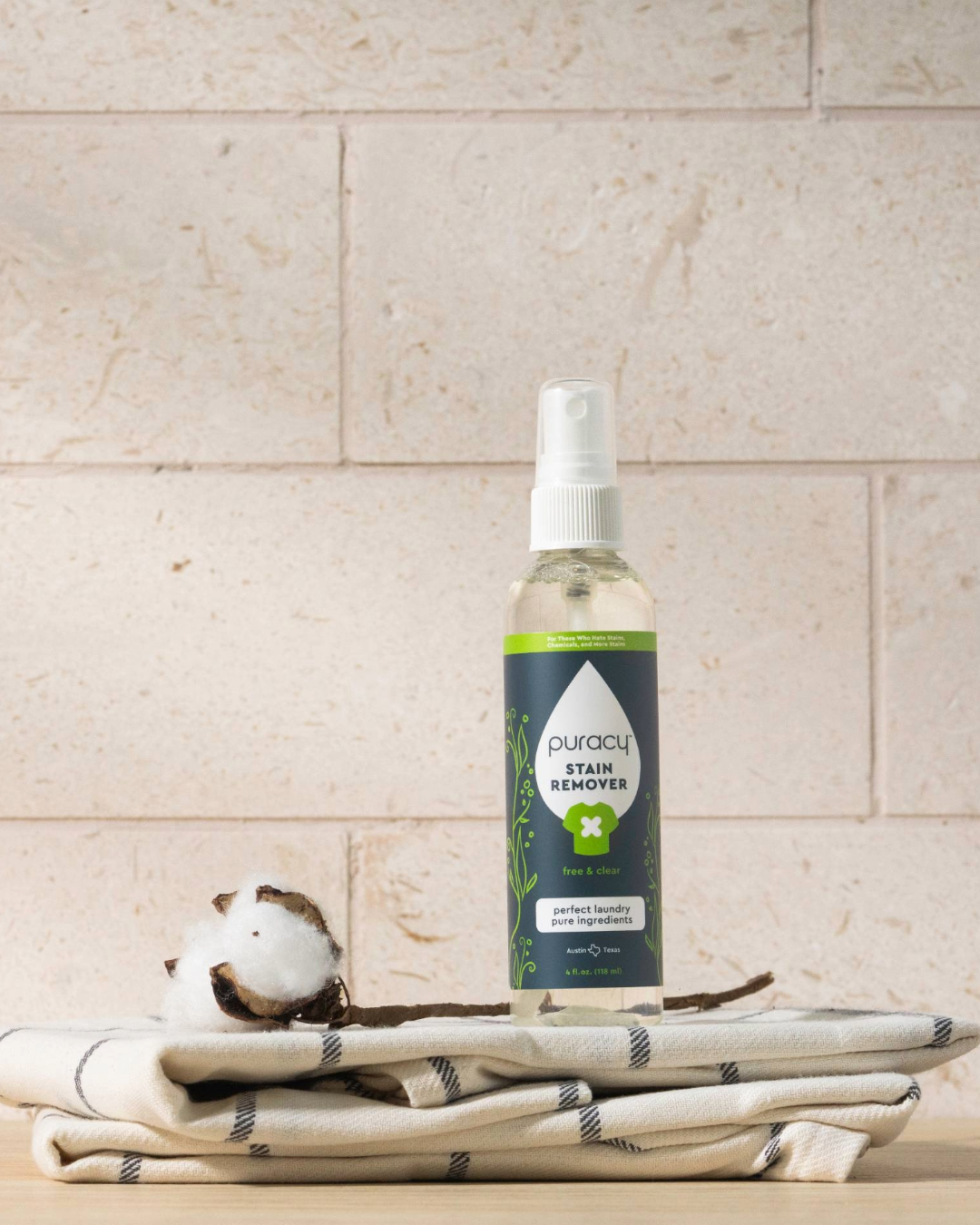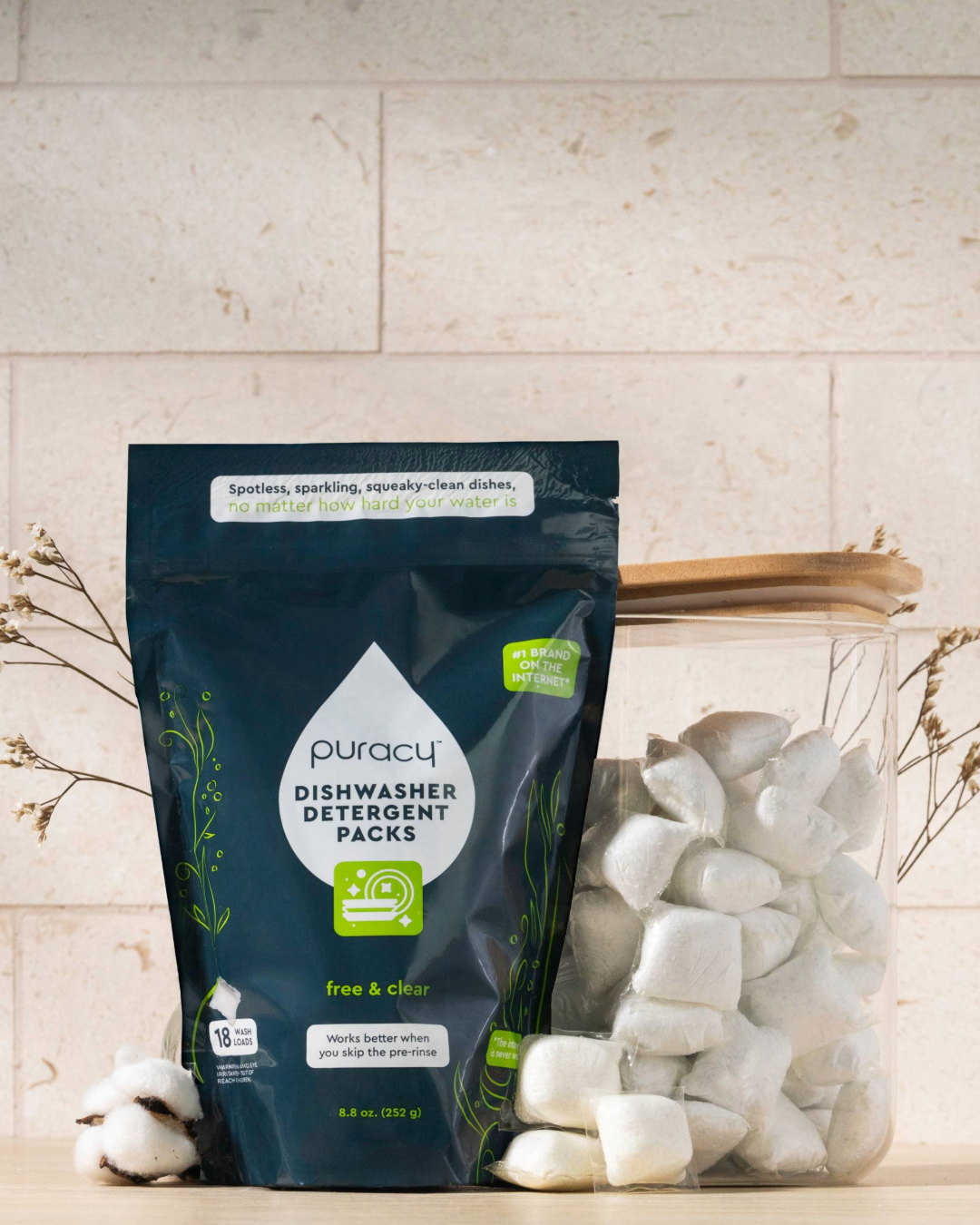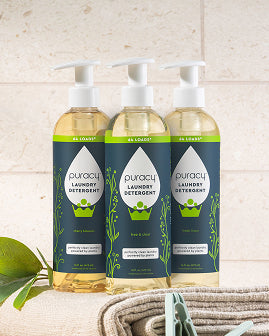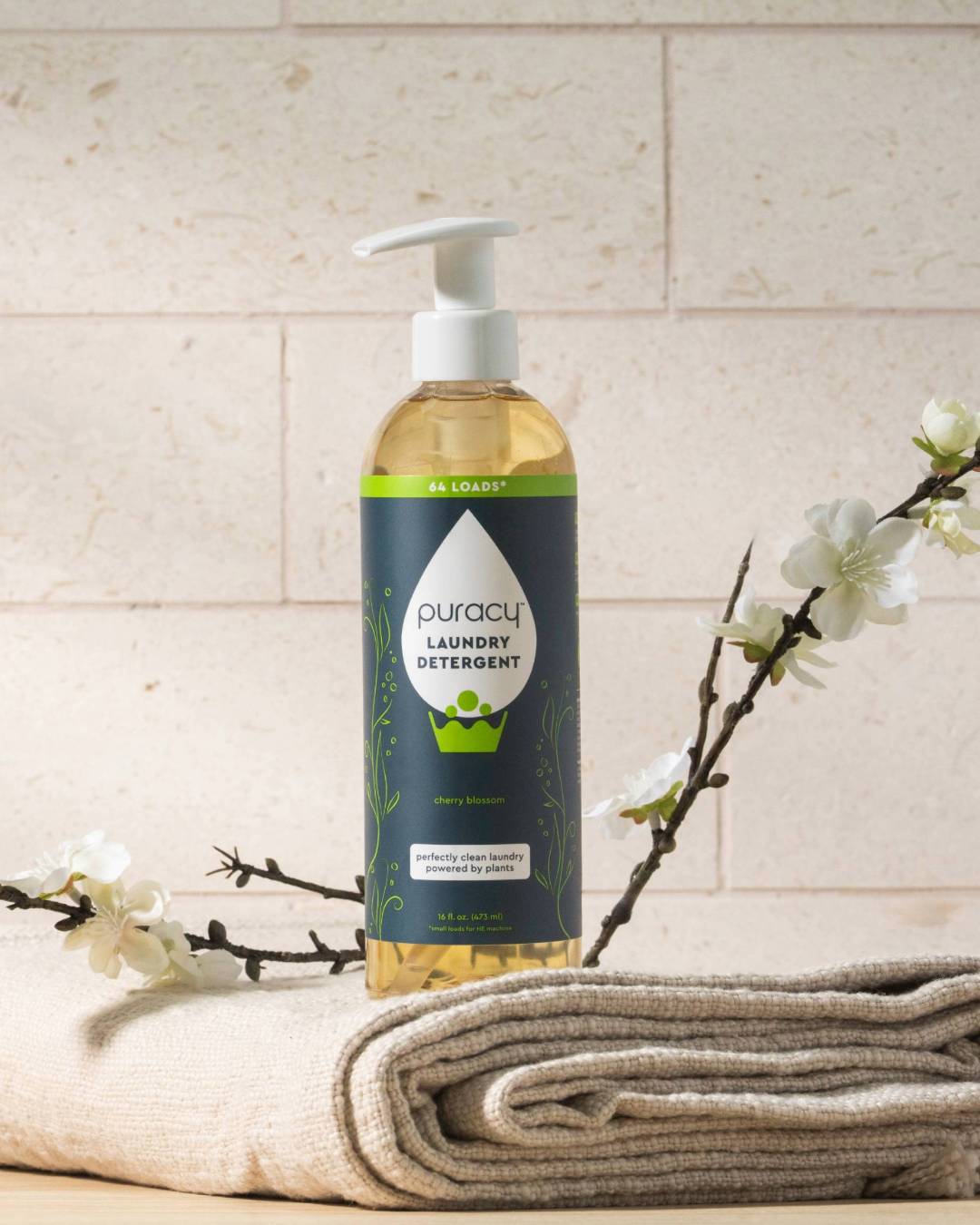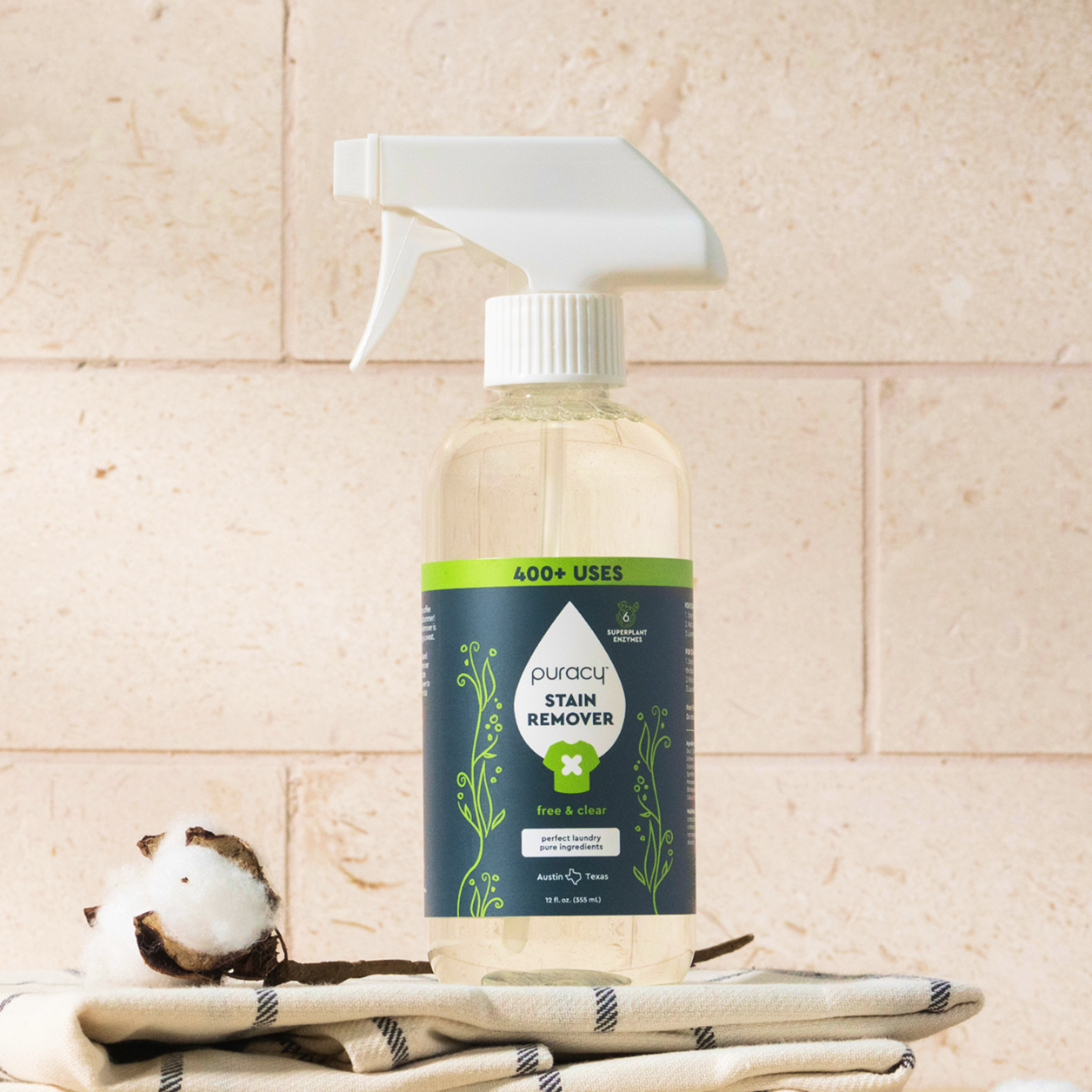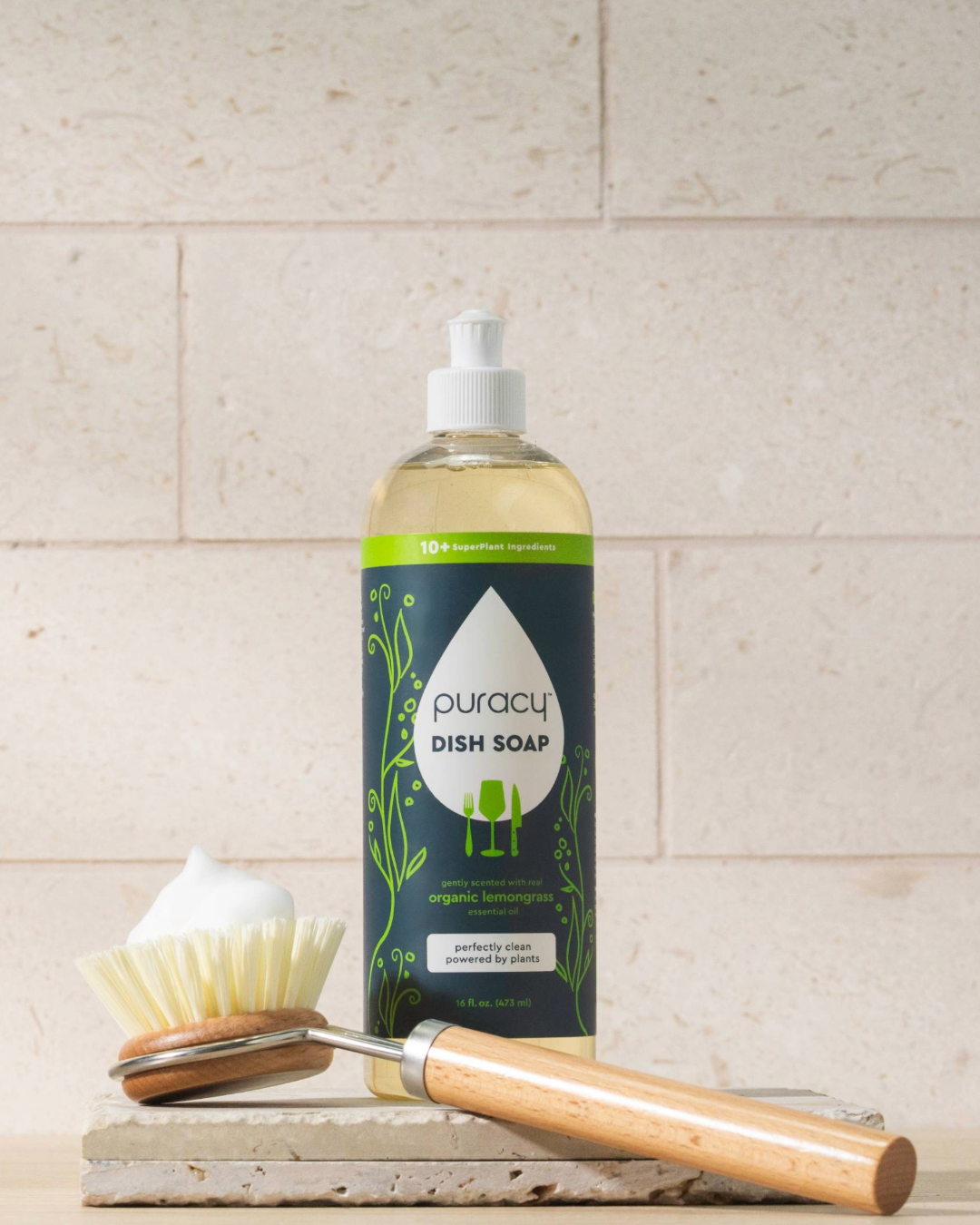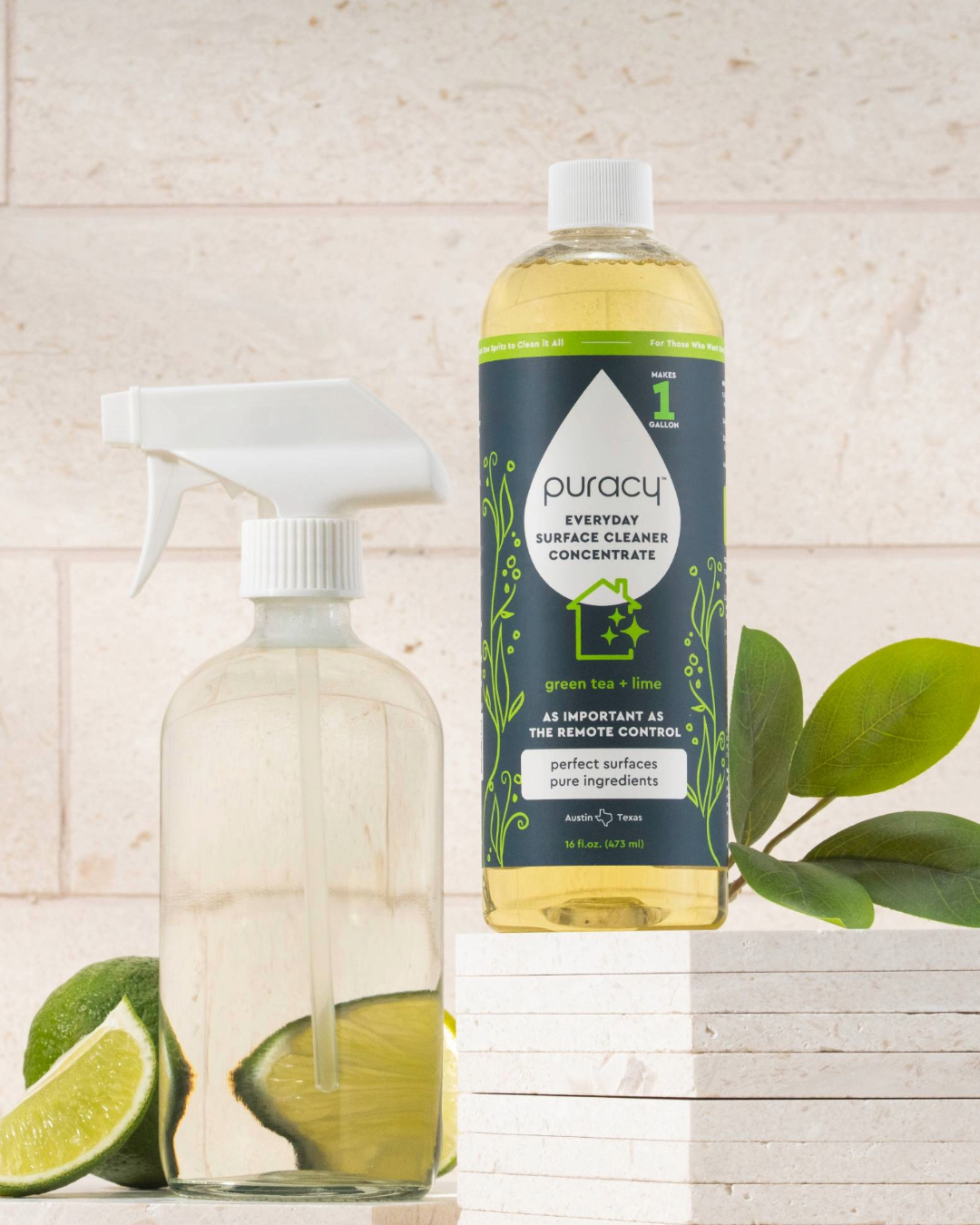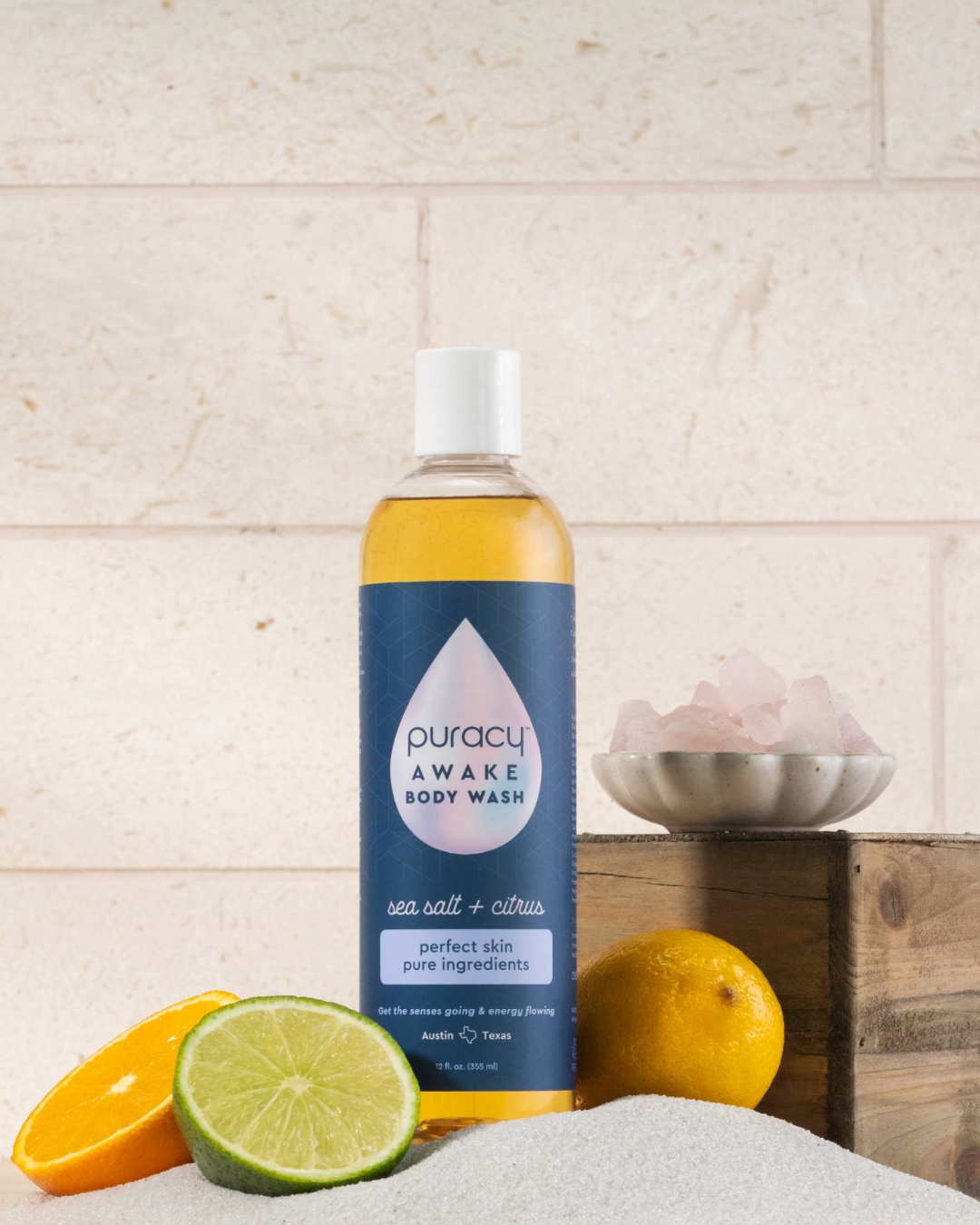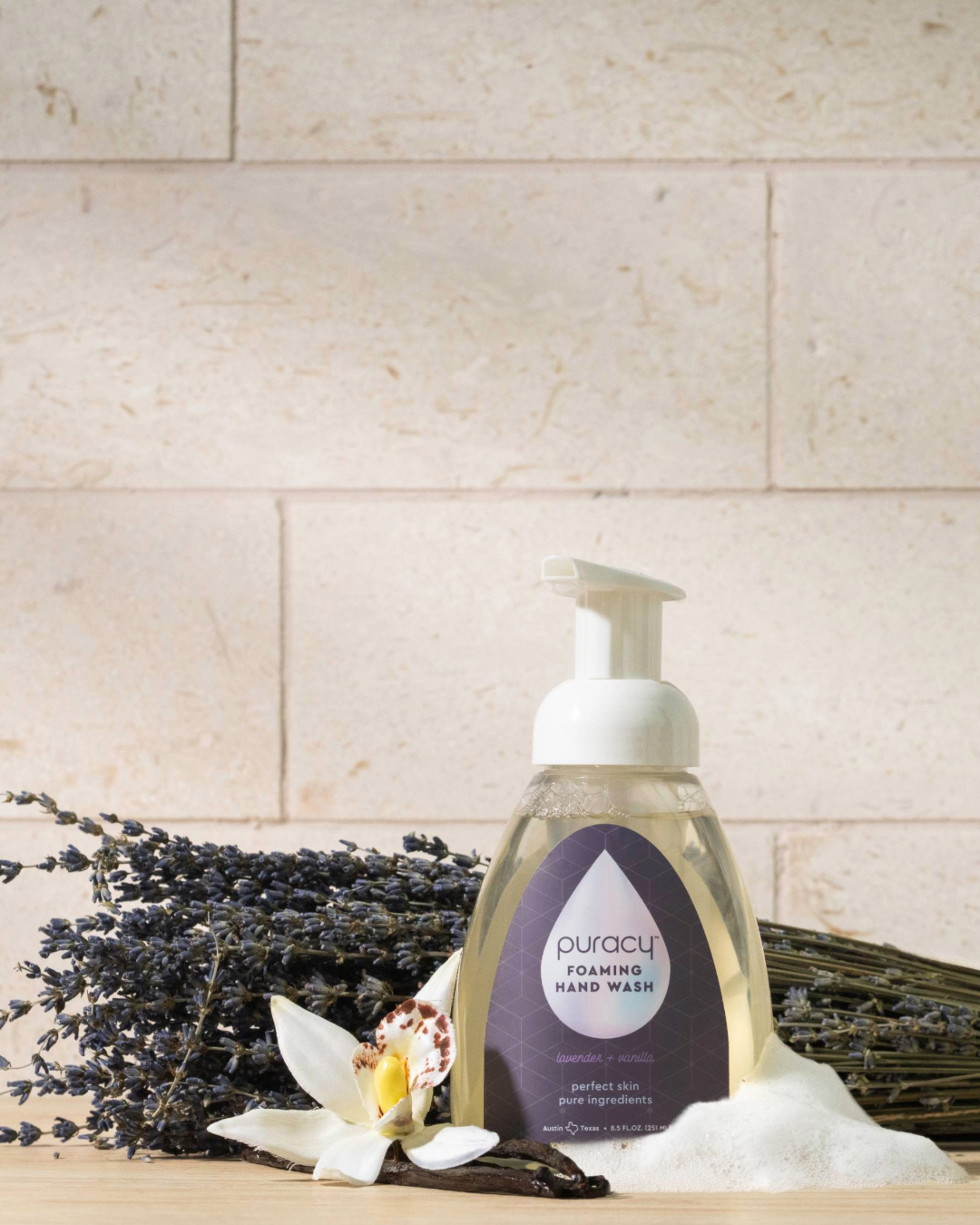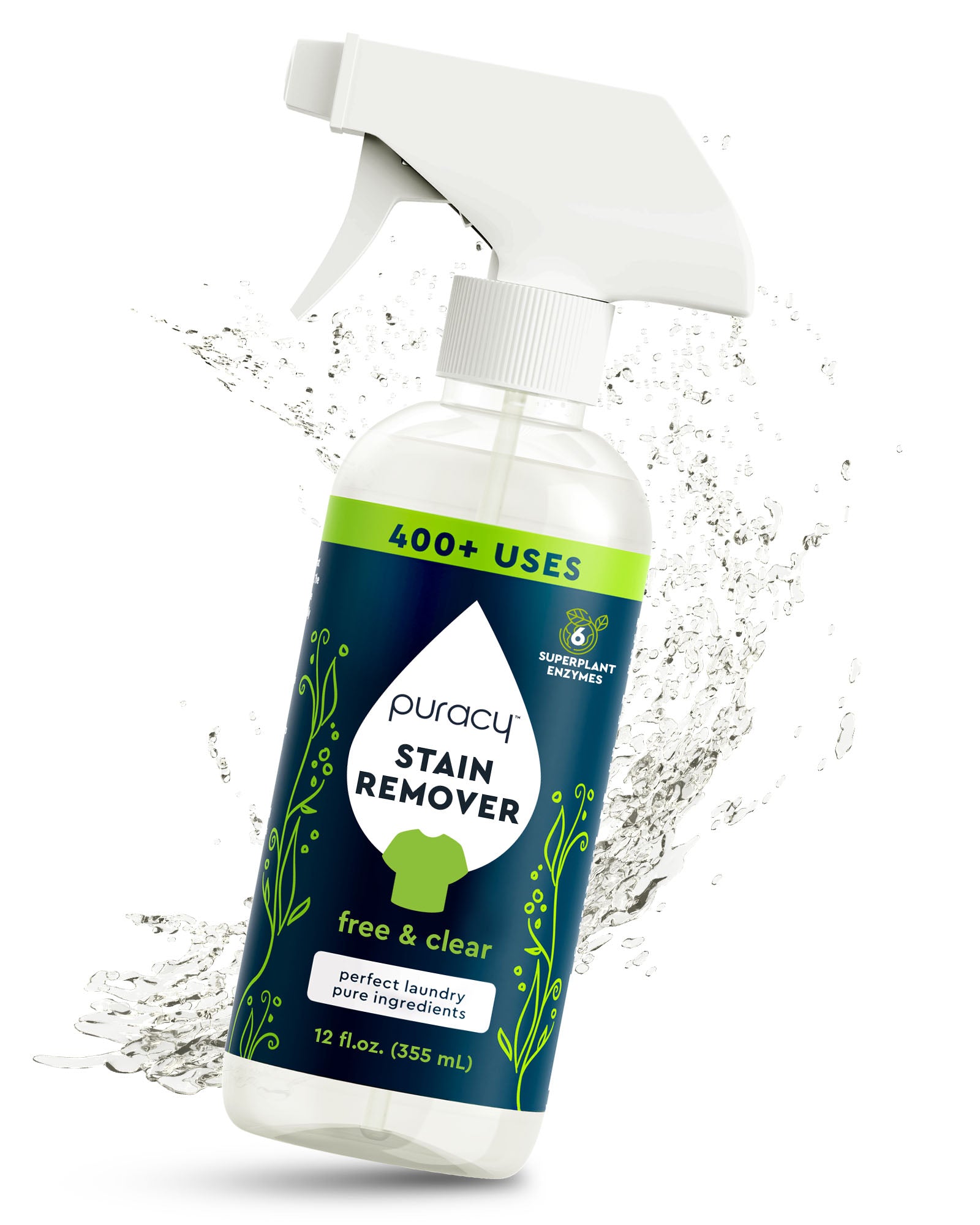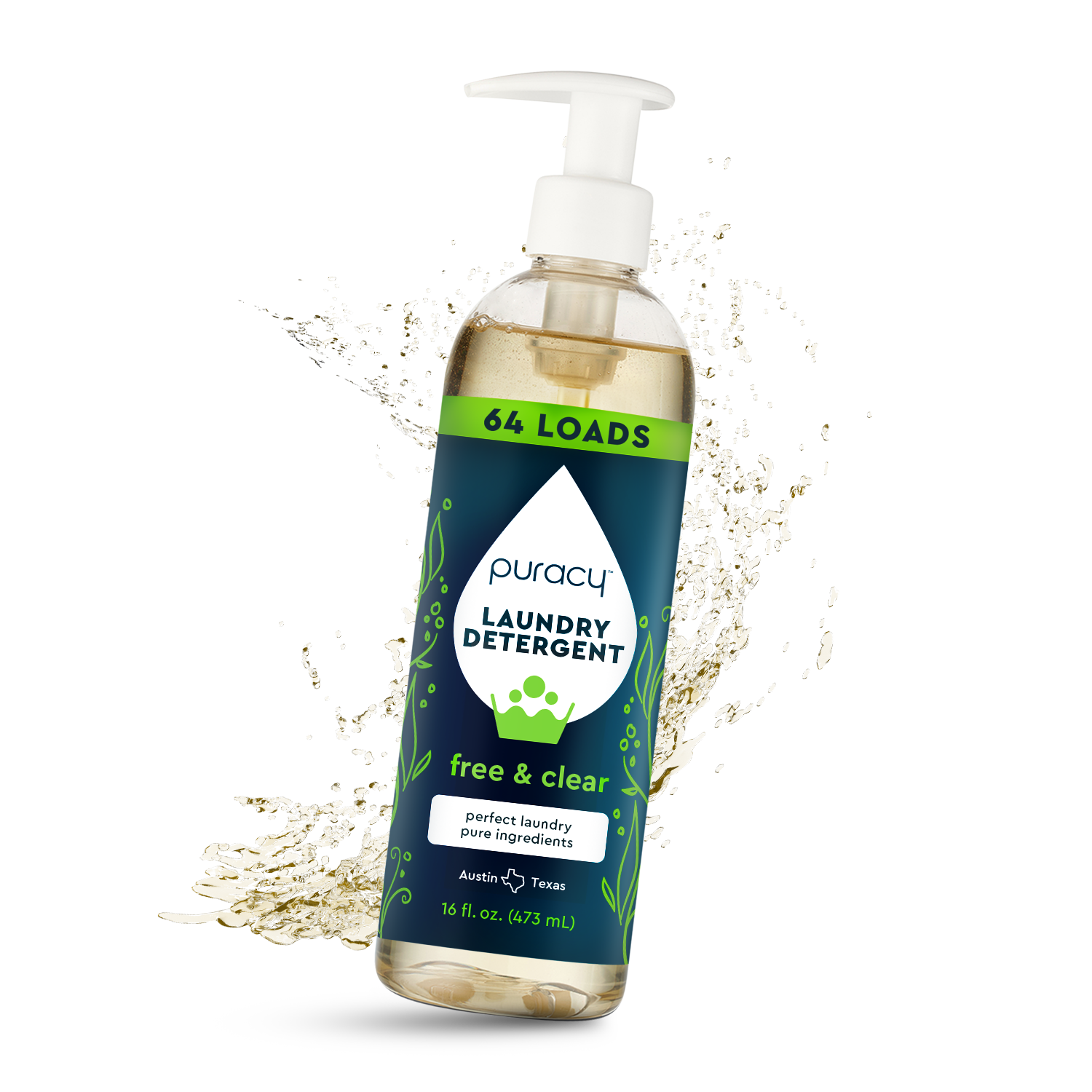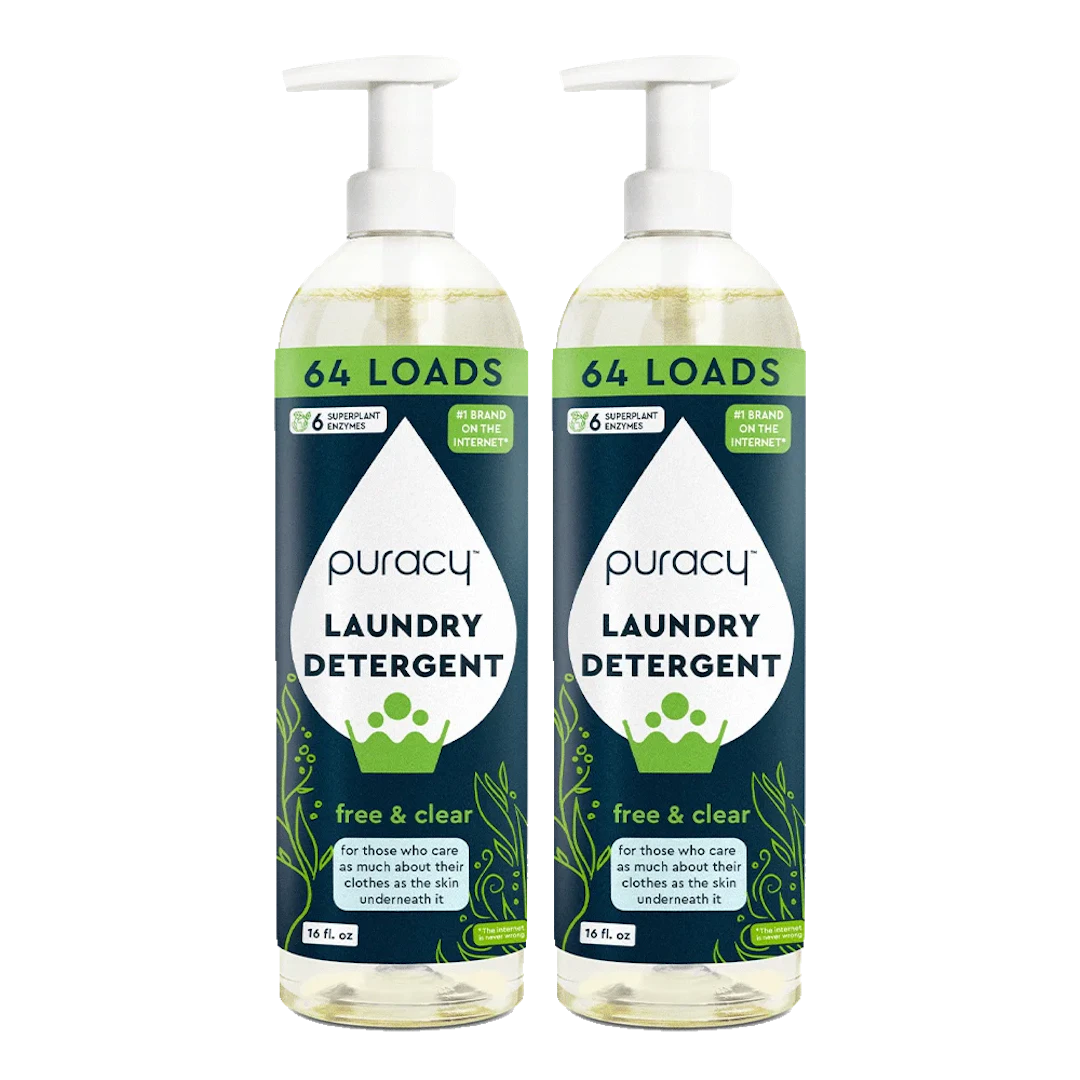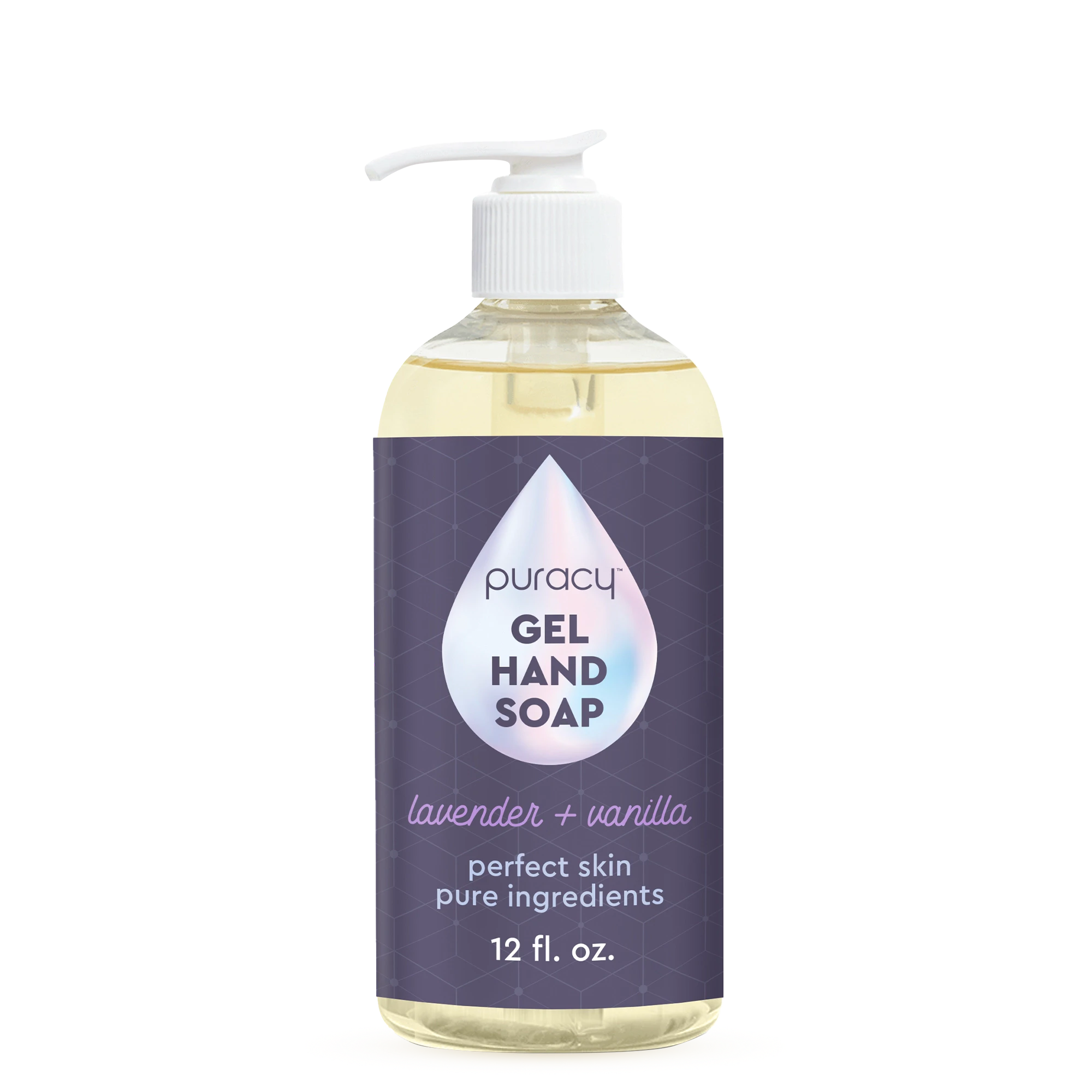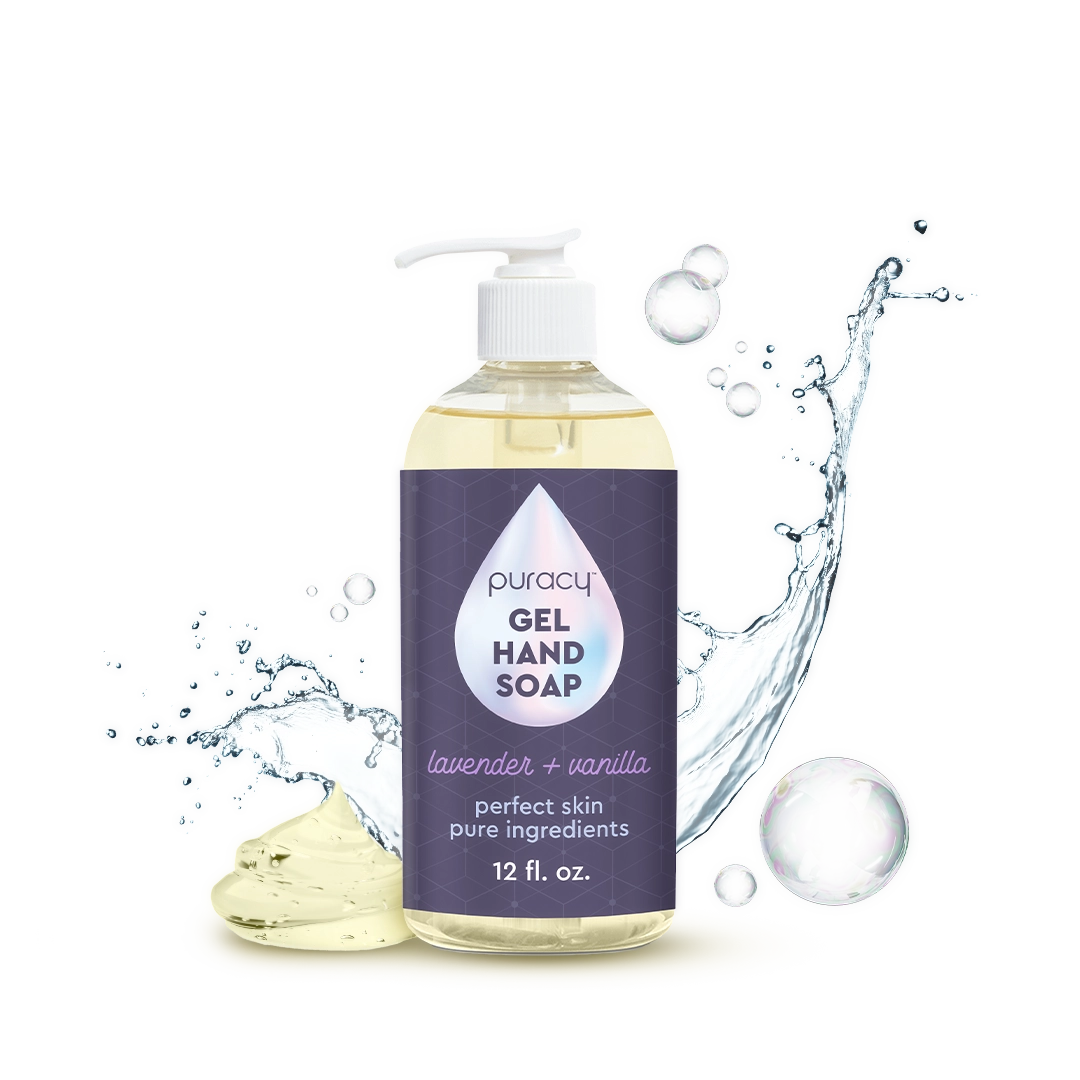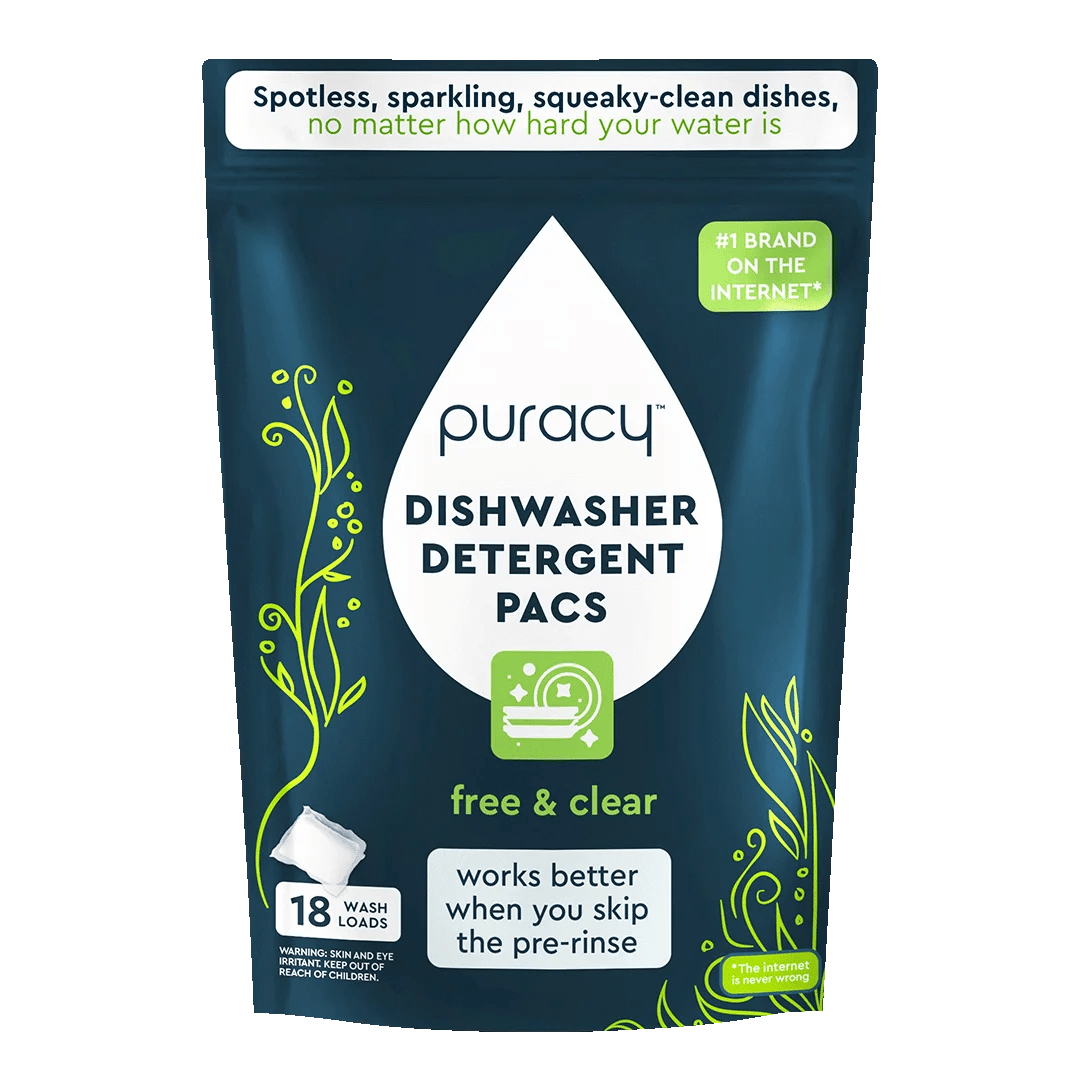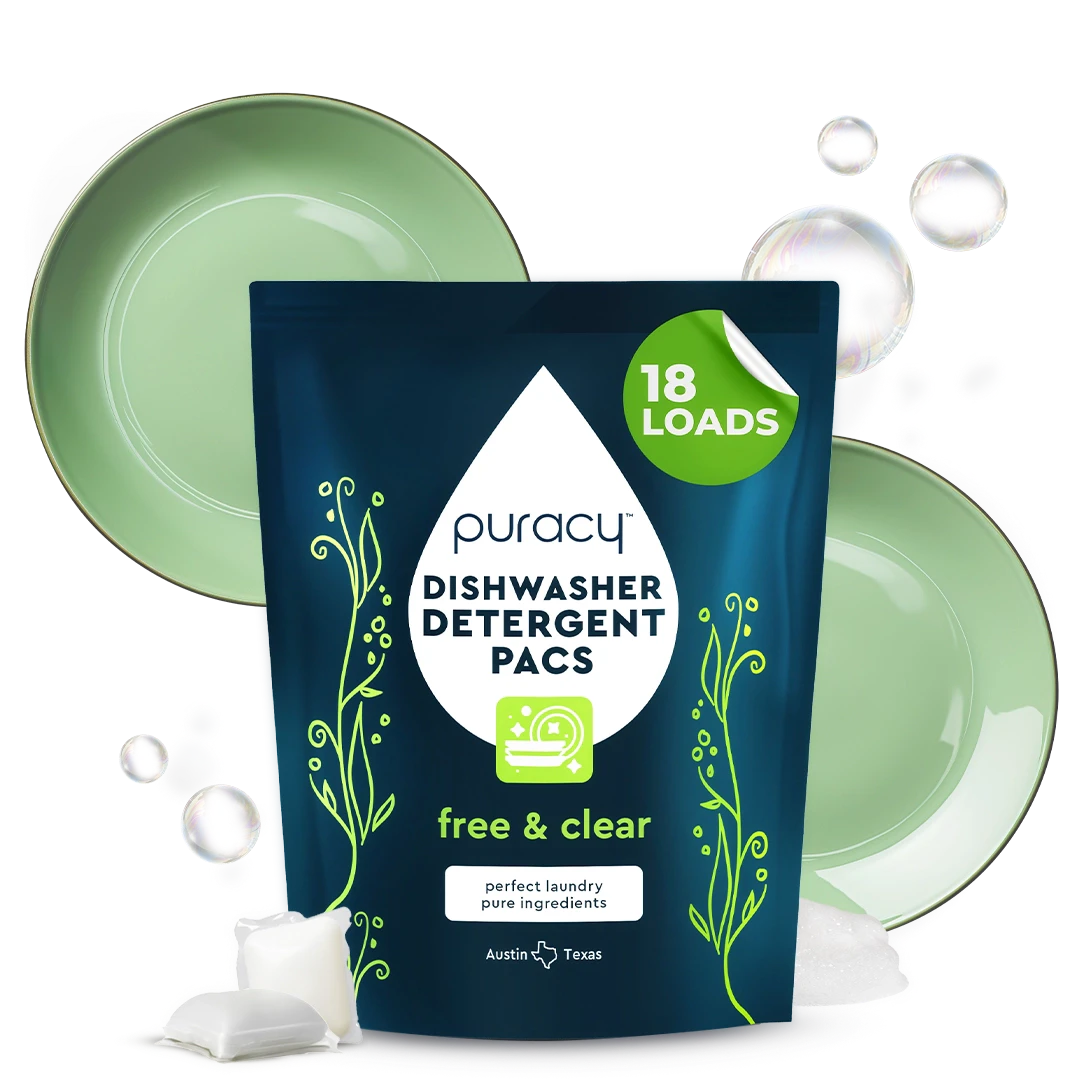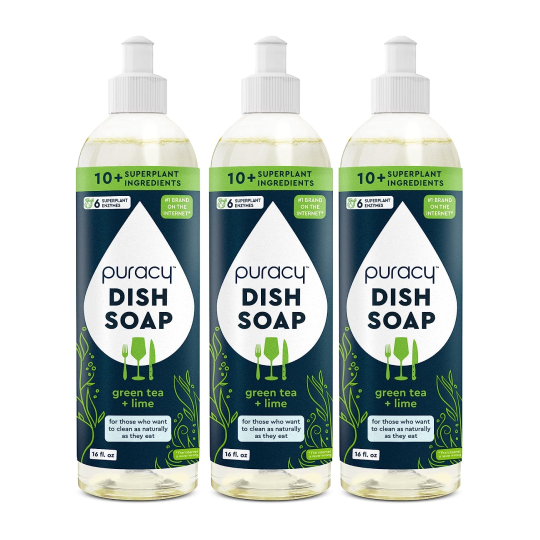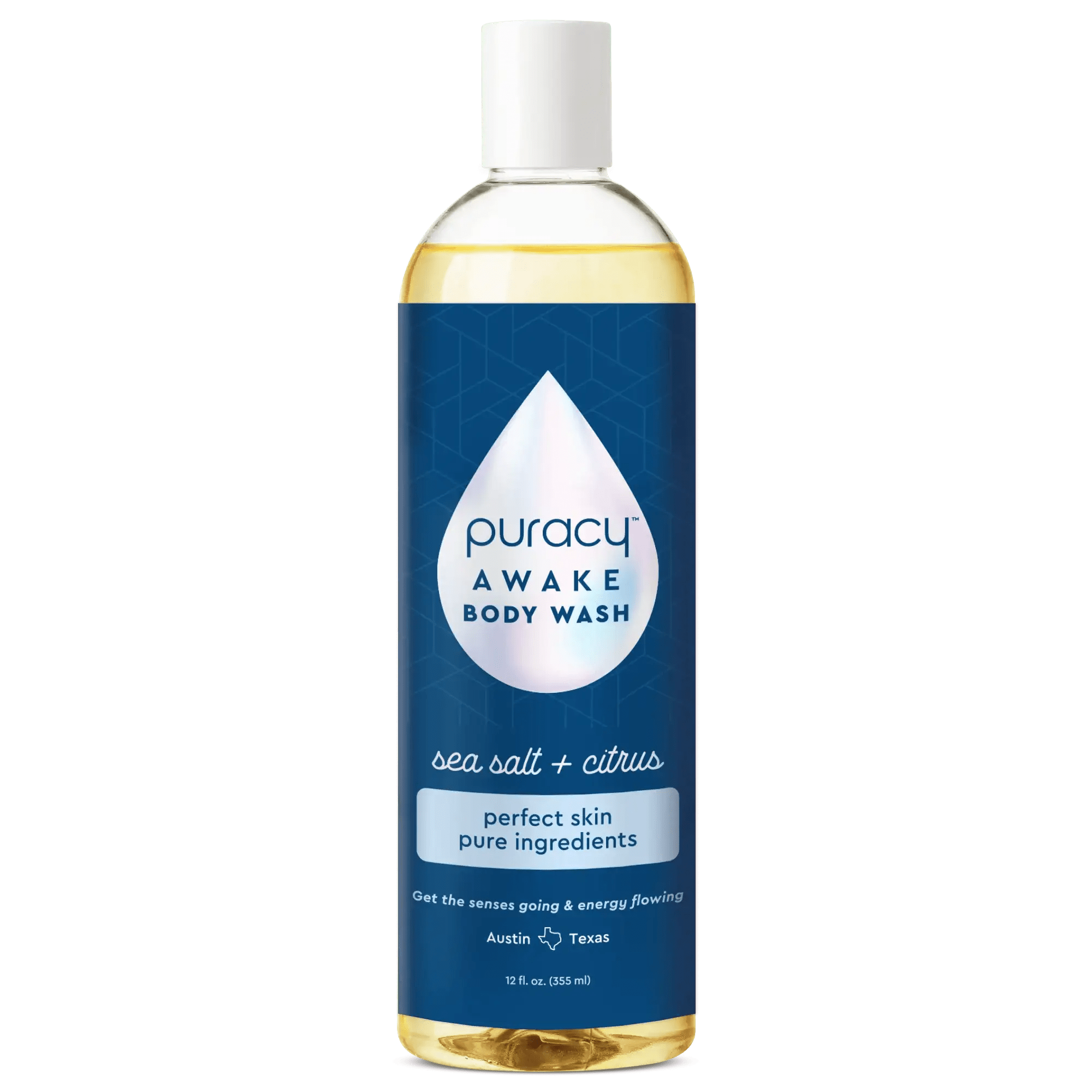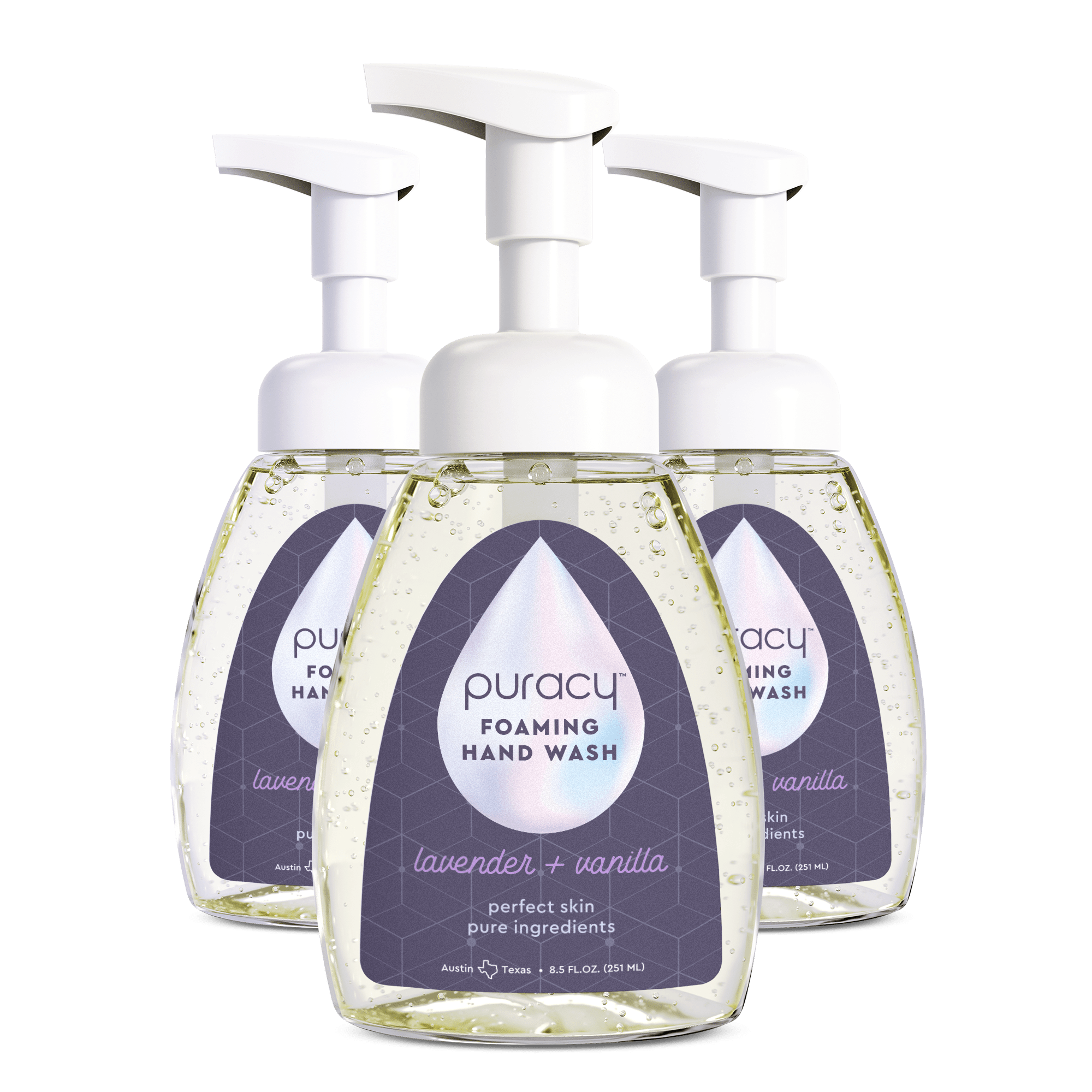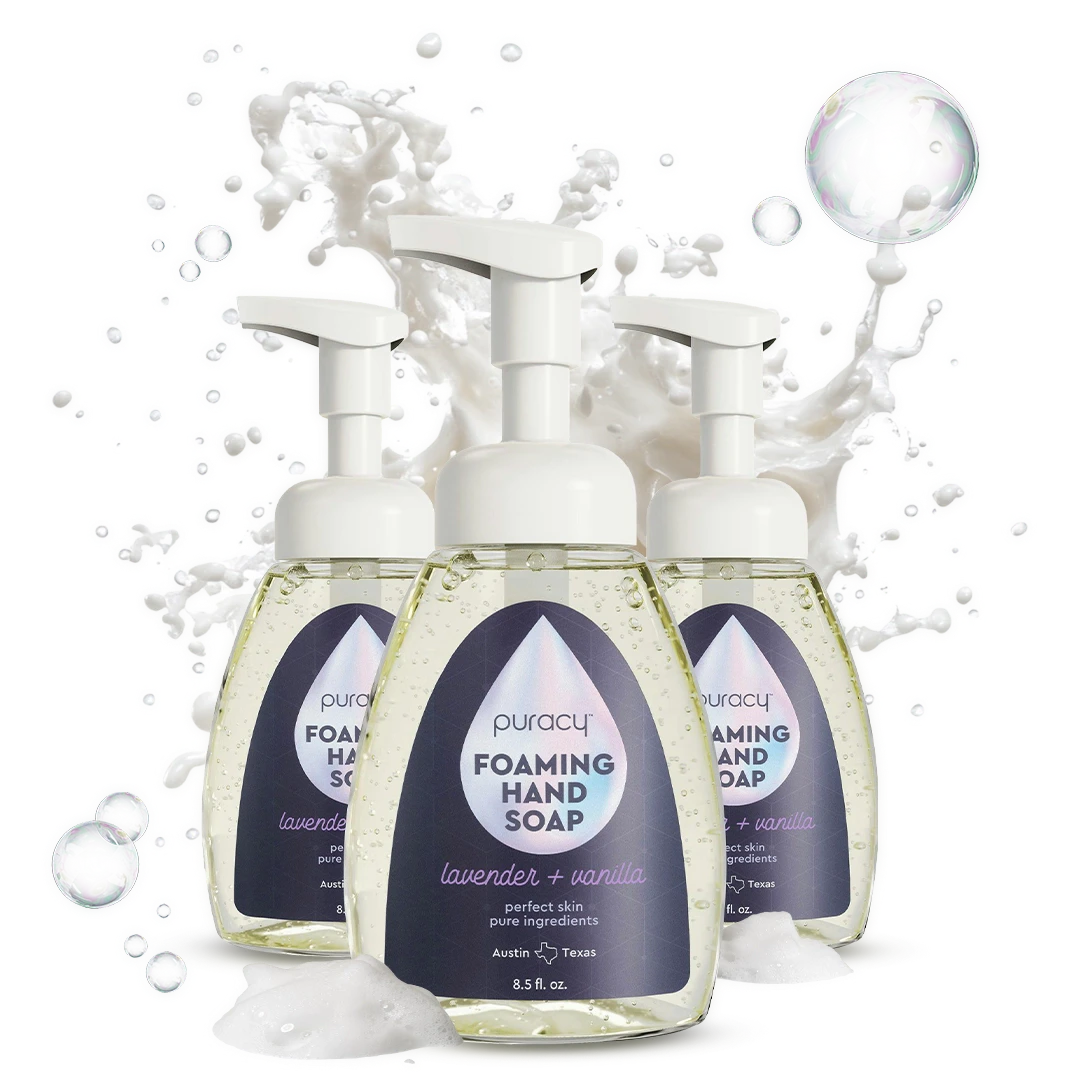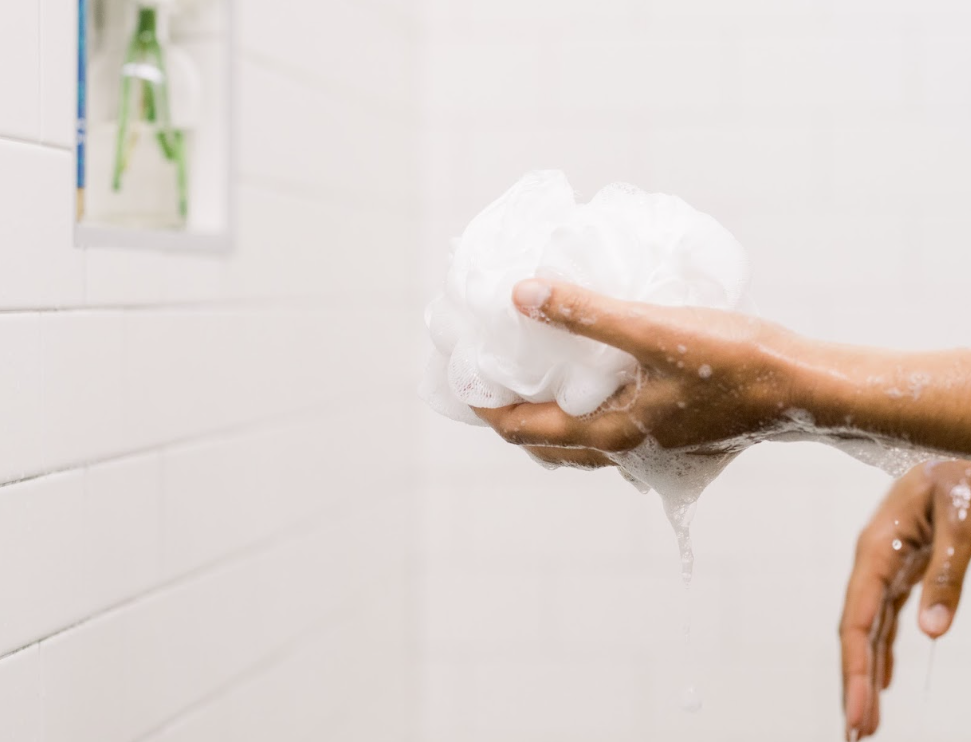
How to Use Shower Gel For the Most Effective Clean
Shower gel is a staple of many bath routines, but despite its popularity, many people may not realize they’re not using it effectively. Whether you’re using too little or too much or not applying it strategically, learn how to use bath gel for the best possible clean every time you shower.
How To Use Shower Gel

The correct bath gel should be gentle and effective enough for daily use, and even more importantly, you should know how to correctly apply it for a thorough clean.
Choose the Right Shower Gel For Your Skin Type
Depending on your skin type, you may need a shower gel that provides the right type of moisturization or protection.
- Oily Skin: Since oily skin is often more prone to acne or eczema, you can look for shower gels that are also promoted to use on acne-prone skin. These bath gels won't exacerbate oil production, while also reducing shine.
- Dry Skin: Avoid shower gels with irritating ingredients and opt for formulas that moisturize and hydrate. Gentle, replenishing formulas will also help restore and support your skin barrier.
- Sensitive Skin: When selecting a bath gel, avoid harsh ingredients that can strip your skin of oils and irritate, such as sodium lauryl sulfate. Look for natural fragrances and a pH balanced formula, as well as occlusives such as sodium lauroamphoacetate and pink sea salt that will help skin barrier function.
- Combination Skin: You need a shower gel that will get rid of oil and dirt without drying out or irritating skin. Look for gentle, pH balanced formulas that are safe enough for daily use.
How to Correctly Apply Shower Gel
Once you have the right bath gel for your skin type, make sure you have a simple yet effective shower routine in place.
- Wet your skin.
- Apply shower gel to a washcloth, bathing mitt, or loofah.
- Unless your skin is visibly dirty, you only need to apply gel onto acidic areas such as your armpits, feet, and groin area.
- Thoroughly rinse off the bath gel from your body.
- Once you get out of the shower, lock in moisture with a natural, organic body lotion.
How Often Should You Use Shower Gel?
If your shower gel is formulated with gentle ingredients and is pH-balanced, it's fine to be used on a daily basis. Avoid scrubbing too hard or harsh loofahs or washcloths to keep your skin from becoming irritated.
How Can You Tell You’re Using Shower Gel Incorrectly?

After a shower, do you notice your skin is dry or even flaking? If so, you may be using shower gel incorrectly or you may not be using the correct type for your skin.
- You're Not Getting Enough Moisture
Some shower gels lack the necessary amount of moisturizers to properly hydrate your skin. If a bath gel contains harsh surfactants, it can strip your skin of necessary natural oil the more you apply it to your body.
- Your Skin is Red and Irritated
Some shower gels contain synthetic ingredients and artificial fragrances that irritate skin. Many also contain sulfates, which create a rich lather in many soaps and gels. When highly concentrated sulfates aren't thoroughly rinsed off your body, it can irritate sensitive skin.
- Your Skin is Breaking Out
If you have sensitive skin, or even if you just want healthy skin, it's important to use a bath gel that is pH-balanced. Shower gels with a high alkaline level can dehydrate and irritate skin, and even inflame skin and cause breakouts.
Soap vs. Shower Gel: What are the Benefits?

Whether you choose a bar soap or bath gel may depend on what your skin needs, as well as what you are looking for in a cleanser's formula.
- Shower Gels Can Be More Hygienic
Since the same bar of soap is used multiple times, many people prefer bath gels since they are typically applied from a bottle or tube. If you use a shower glove or loofah to apply your shower gel, be sure it is regularly cleaned and dried to prevent mold or mildew.
- Soap Can Be More Effective At Tackling Dirt
If you work a physically demanding job where you get quite dirty by the end of the day, you may prefer bar soap as a cleanser. Bar soap can better dislodge dirt, and it can better dissolve grime from your skin's surface.
- Shower Gels Can Provide More Exfoliation – But Be Careful
Many bath gels contain textures or granules that exfoliate skin as you wash, unlike many bar soaps. However, be sure to choose a shower gel that does not use microbeads, which pollute the environment and add to plastic waste. Instead, look for natural exfoliants such as oatmeal or sea salt.
Can You Use Shower Gel On Your Face?
Generally, you should avoid using bath gel on your face. Your body's skin is thicker and hardier, while the skin on your face is thinner and more delicate. Using shower gel, which is meant for your body, on your face can irritate your skin and may even cause breakouts if you are prone to acne.
Can You Use Shower Gel as Hand Soap?
The short answer: yes. You can use shower gel to wash your hands. However, if you're looking to thoroughly sanitize your hands and kill germs, an alcohol-based hand sanitizer or soap may be the better choice.
Can You Use Shower Gel as Shaving Cream?
When it comes to shaving, shower gel is not as effective as shaving cream. Shower gel's smooth texture coats your skin, which doesn't provide a razor enough friction and can dull the blade, resulting in nicks or cuts.
How Much Shower Gel Should You Use?

When it comes to bath gel, less is more. You usually only need about a quarter-sized amount for your whole body once you create a lather using a washcloth or bathing mitt. Using an excessive amount of bath gel can dry out your skin and lead to irritation.
Shower Gel Don’ts


Though jumping into the shower may be second nature to you, there are still a few things to keep in mind. Avoid these common mistakes when you use bath gel.
1. Don't Over-Scrub
You may think the harder you scrub, the cleaner you get, but you may only be damaging your skin. Instead, gently rinse off shower gel to avoid irritating or inflaming your skin. Once you're out of the shower, simply pay your skin dry to avoid further irritation.
2. Don't Use Shower Gel on Your Hair
Your hair and your body have different pH levels, so using bath gel on your head can throw those levels off. Plus using shower gel on your hair, especially if it contains harsh or synthetic ingredients, can cause scalp itchiness or dandruff.
3. Don't Go For Synthetic Fragrances
We all want to smell good, but when it comes to bath gel, make sure you're not using harsh, synthetic fragrances, which can trigger allergies and other skin sensitivities. Instead, opt for natural scents that come from plants and other natural components.
4. Don't Neglect Your Shower Accessories
Since accessories such as loofahs and washcloths are frequently wet, they run the risk of accumulating bacteria or mold if they aren't properly cleaned and dried. Be sure to regularly rotate your cleaning accessories to ensure they're safe for daily use.
5. Don't Forget to Be Eco-Friendly
As mentioned above, avoid bath gels that use microplastic as exfoliants. You should also look for formulas that are biodegradable and cruelty free. Also look into using refills or brands that invest in sustainable packaging to lessen plastic waste.
Get a Natural, Plant-Powered Clean With Puracy

Still on the fence about shower gel? If you’re looking for an even gentler clean, our Natural Body Wash gives you a rich, hydrating bathing experience day after day. Formulated for sensitive skin, it features coconut-based cleansers and dermatologist-approved moisturizers. Best of all, you don’t need to worry about harmful or harsh ingredients, and it’s gentle enough for daily use.
